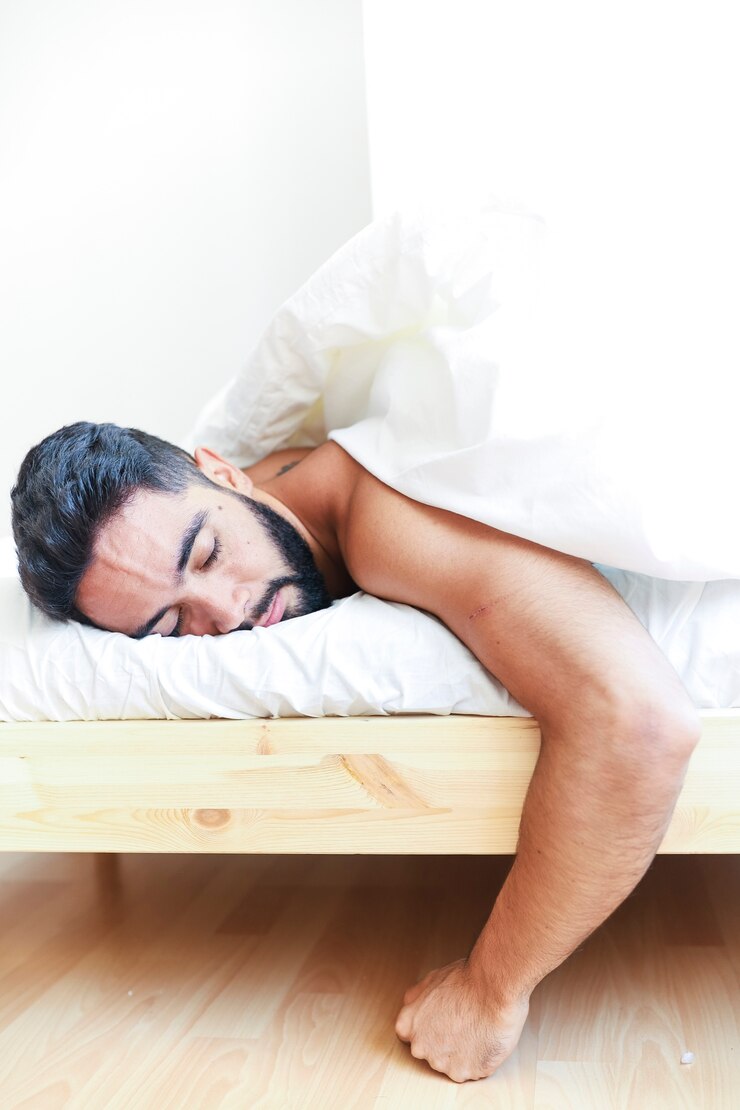 Shop Gant
Shop Gant

The Road to Better Sleep: Expert Advice for Restful Nights


Key Highlights
In the quest for quality sleep, adopting healthy bedtime habits and optimizing our sleep environment are crucial steps towards achieving restful nights and better overall well-being.
Consistent Schedule: Stick to regular sleep times for better rest.
Relaxing Routine: Wind down with calm activities before bed.
Ideal Environment: Ensure a comfortable, dark, and quiet sleep space.
Tech Break: Limit screen time before bedtime to aid relaxation.
Nap Wisely: Avoid late-afternoon naps to preserve nighttime sleep.
Reduce Disturbances: Dim lights and minimize noise for better sleep quality.
Try White Noise: Consider using white noise to mask disruptive sounds and promote relaxation.

The Road to Better Sleep: Expert Advice for Restful Nights
Given these risks, it's no wonder that more people than ever are seeking solutions to improve their sleep. Whether used individually or combined, the following ten tips offer practical strategies to enhance both the duration and quality of your rest.

Keep It Regular
Given these risks, it's no wonder that more people than ever are seeking solutions to improve their sleep. Whether used individually or combined, the following ten tips offer practical strategies to enhance both the duration and quality of your rest.

Develop a Relaxed Routine
In addition to reducing screen time on devices like your phone, laptop, or tablet, it's essential to minimize exposure to stimulating activities before bed. These activities can trigger your body's stress response, leading to the release of cortisol, which increases alertness and hinders restful sleep.
Instead, focus on developing a soothing night-time routine to unwind. Consider indulging in a warm (but not excessively hot) shower, engaging in gentle stretching exercises, or listening to calming music at a low volume. These practices can help prepare both your body and mind for a restful night's sleep.

Serene Sleep Sanctuary
The significance of a high-quality mattress and pillows cannot be overstated; they are the very tools of your sleep trade. Consider investing in window blinds or blackout shades to block out any light, enhancing the darkness conducive to sleep.
Moreover, pay attention to the temperature of your bedroom. Research indicates that better sleep is achieved in a cooler environment, ideally no higher than 75 degrees Fahrenheit or 24 degrees Celsius.
Even as temperatures drop, avoid warming up the bed excessively. According to sleep expert Nick Littlehales, who advises top athletes on optimizing sleep, maintaining a warmer body temperature than your bedding and surroundings is key. Littlehales recommends a warm shower to achieve this, as higher body temperature released into cooler bedding can naturally induce sleep.

Take a Techno Break
The glowing screens, vibrant colors, and constant stimulation from our devices disrupt our brain's ability to unwind, making it challenging to fall asleep.
For those seeking to enhance both the duration and quality of their sleep, it's essential to take a proactive approach. Consider implementing an enforced break from technology before bedtime. Power down your laptop, tablet, and smartphone at least a couple of hours before heading to bed. This pause allows your brain ample time to unwind and transition into a state conducive to sleep, ultimately promoting a more restful night's rest.

Pitfalls of Power Napping
Taking a power nap, especially in the early afternoon, can disrupt your natural sleep cycle, making it difficult to achieve restful sleep at night. Even a brief quarter-hour nap can be enough to keep you awake when bedtime rolls around.
If you find yourself in need of a nap, it's best to do so before 5 pm. Napping earlier in the day reduces the likelihood of it adversely affecting your ability to sleep soundly at night, ensuring a more restful and uninterrupted sleep.

Let There Be No Light
Dim the Lights: Reduce ambient light by adjusting digital clocks and fully closing curtains or shutters to create a dark sleep environment conducive to rest.
Minimize Noise: Keep your bedroom door closed and consider using earplugs or a white noise machine to mask disruptive sounds, fostering a tranquil atmosphere for deep and uninterrupted sleep.




